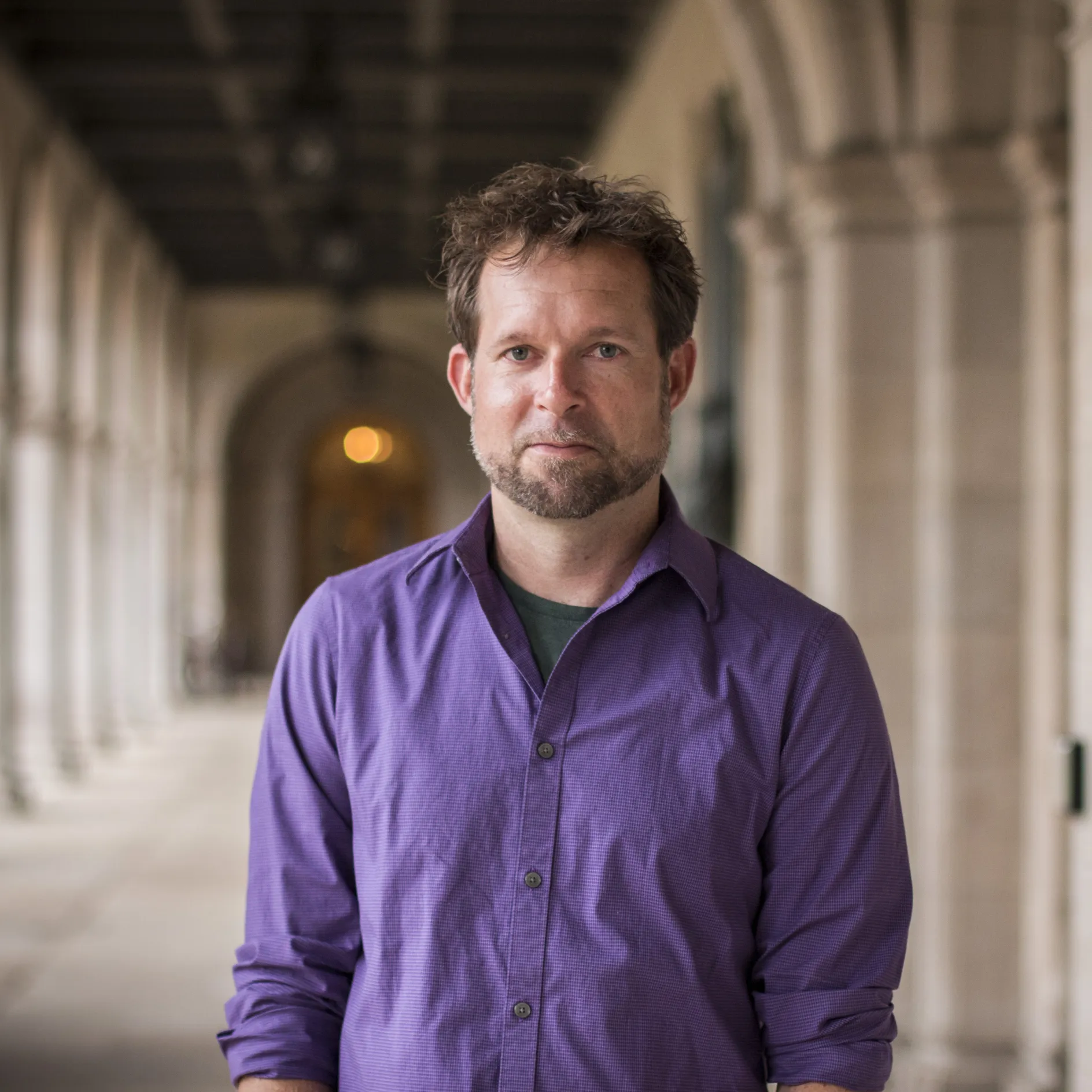Professor Brown's research and teaching interests center on postcolonial literature and theory, with a particular focus on the English-speaking Caribbean.
My research focuses most centrally on Anglophone Caribbean literature, though it ranges across several other areas, including Black and Asian British literature, world literature, global modernisms, diaspora, migration, hemispheric American literature, and Anglophone postcolonial literature. My work typically combines the formal analysis of texts with an archive-based attention to the historical and sociological contexts through which these texts emerged. It is especially interested in recapturing the density and complexity of the various settings in which Caribbean literary production has occurred, with a view toward highlighting its richly productive, if frequently fraught, interrelation with fields such as British, American, and postcolonial literature. Put more bluntly: my work takes particular energy from examining generative intersections in literary history that are generally elided by the structuring habits of disciplinary practice.
My first monograph, Migrant Modernism: London and the Postwar West Indian Novel (University of Virginia Press, 2013), examines the interrelations between the foundational postwar novels written by Anglophone Caribbean authors and the British modernist tradition. It argues that, although these novels represent an early fictional iteration of the decolonizing energies that would come to dominate the geopolitical horizon of the Global South after World War II, they do not reject the high cultural mores of their high modernist European predecessors, but instead engage expressly with them in complicated and conflicting ways. In placing the novels it studies back into the British cultural context in which they were written, published, and initially received, Migrant Modernism alters the conventional critical view of this literature as aggressively local and nationalist, demanding instead that we acknowledge the already deeply transnational, ambivalently metropolitan underpinnings of this formative moment of Anglophone Caribbean literary expression.
I have also co-edited a collection of essays with Leah Rosenberg – Beyond Windrush: Rethinking Postwar Anglophone Caribbean Literature (University Press of Mississippi, 2015) – that scrutinizes the same mid-century period, seeking to address the manifold gaps that have resulted from the canonization of just a handful of Windrush-era writers as the sole founders of the Anglophone Caribbean literary tradition. Examining works and writers that have typically been excluded from critical attention by virtue of genre, gender, race, ethnicity, geographical location, or ideological disposition, the book’s essays attest to how the engagements of the writing from this crucial historical moment extend well beyond the critical framework – nationalist, male, high cultural, exilic, ostensibly working class, mainly African diasporic – within which it has customarily been understood.
My essays and reviews have appeared in a number of scholarly periodicals, including Modern Fiction Studies, The Global South, ARIEL, Journal of West Indian Literature, and Contemporary Literature, and I have also published chapters in a wide range of edited collections, including The Routledge Companion to Anglophone Caribbean Literature; The Oxford History of the Novel in English, Volume 11: The Novel in Africa and the Caribbean; Caribbean Literature in Transition, 1920-1970; and The Cambridge History of Black and Asian British Writing. I am currently working on a monograph that investigates the multifarious roles the United States has played in the cultural and political imagination of the English-speaking Caribbean from 1898 to the present.
In general, I understand my research to be part of a scholarly impulse to redress the gaps inhering in the theoretical frameworks established by the rise of postcolonial studies in the 1980s and 1990s. Maintaining that intellectual movement’s insights on the relationship between power and culture, my work turns this understanding back onto what the theoretical view often disregards – the discrete, unsettled historical experiences out of which such literature has been forged. In doing so, it hopes to suggest a renewed richness and complexity to that writing, revealing qualities that might allow these texts to speak to the indeterminacies and inequalities of our present moment in more fruitful, less reified ways.


